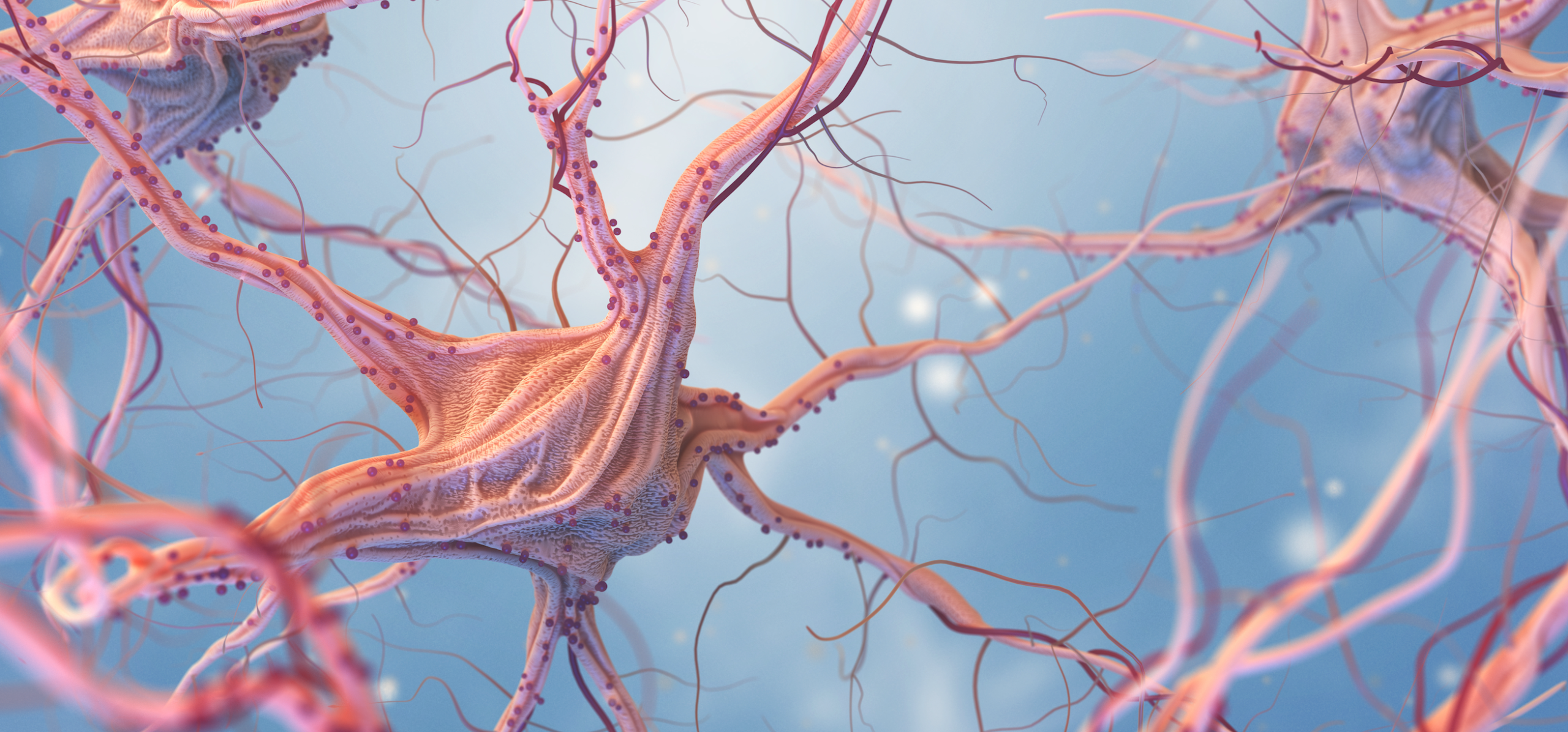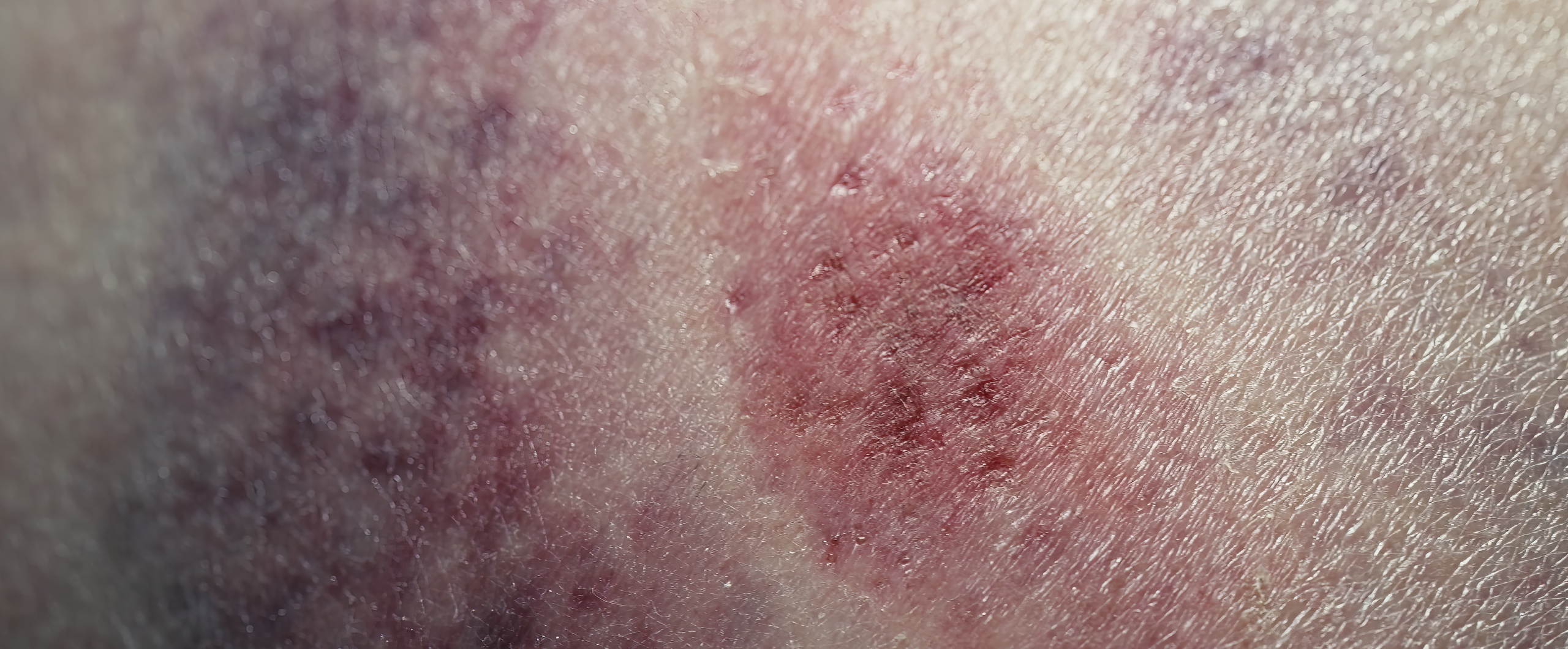Navigating Narcolepsy: A Comprehensive Guide by Gundry Health
Narcolepsy is a long-term neurological disorder that affects the brain’s ability to control sleep-wake cycles. Narcolepsy typically involves excessive daytime sleepiness, sudden loss of muscle tone (cataplexy), and disturbed nighttime sleep. People with narcolepsy may feel rested after waking, but then feel very sleepy throughout much of the day. Many individuals with narcolepsy may also experience other symptoms, including cataplexy, sleep paralysis, and hallucinations. sleep paralysis, a temporary inability to move or speak while falling asleep or upon waking.
Causes
The exact cause of narcolepsy is not fully understood, but it is believed to result from a combination of genetic, autoimmune, and environmental factors. Some key factors associated with the development of narcolepsy include:
- Autoimmune Dysfunction: One of the leading theories about narcolepsy’s cause involves an autoimmune process. In people with narcolepsy, there is often a loss of hypocretin-producing neurons in the brain. Hypocretin (also known as orexin) is a neurotransmitter that plays a crucial role in regulating wakefulness and sleep. It is believed that an autoimmune response may lead to the destruction of these neurons in some individuals.
- Genetics: There is evidence to suggest that genetics plays a role in narcolepsy. People with a family history of narcolepsy are at a slightly higher risk of developing the condition. Specific genes associated with narcolepsy have been identified, including the HLA-DQB1*06:02 gene, which is strongly associated with narcolepsy with cataplexy (narcolepsy type 1). However, having these genetic markers does not guarantee the development of narcolepsy.
- Viral Infections: There is some evidence to suggest that viral infections, particularly those caused by certain strains of the flu (H1N1) and the H1N1 vaccination, may trigger an autoimmune response that can lead to narcolepsy in genetically susceptible individuals. However, not everyone who experiences these infections develops narcolepsy.
- Brain Abnormalities: Structural abnormalities or dysfunction in specific areas of the brain involved in sleep regulation and wakefulness may contribute to narcolepsy. These abnormalities can be the result of genetic factors or other unknown causes.
- Chemical Imbalance: Imbalances in neurotransmitters, including hypocretin, serotonin, and dopamine, have been observed in people with narcolepsy. These imbalances may disrupt the normal sleep-wake cycle and contribute to the symptoms of the condition.
Diagnosing Narcolepsy at Gundry Health
At Gundry Health, we use a combination of medical history, physical examination, and specific sleep studies to diagnose narcolepsy. These may include a polysomnogram, which records brain activity, eye movements, heart rate, and blood pressure during sleep, and the Multiple Sleep Latency Test (MSLT) that measures the tendency to fall asleep during the day.
Symptoms
The symptoms of narcolepsy can vary from person to person, but the most common ones include:
- Excessive daytime sleepiness: Feeling tired and sleepy during the day, even after getting enough sleep at night.
- Cataplexy: Sudden loss of muscle tone triggered by strong emotions such as laughter, anger, or surprise.
- Sleep paralysis: Inability to move or speak while falling asleep or waking up.
- Hallucinations: Vivid and often frightening dream-like experiences that occur while falling asleep or waking up.
Treatment Options for Narcolepsy
At Gundry Health, we offer personalized treatment plans that combine medication with adjustments in diet and exercise routines. We also provide counseling services to help patients cope with the emotional impact of living with narcolepsy.
Treatment
The treatment of narcolepsy aims to manage its symptoms, improve daytime wakefulness, and help individuals with narcolepsy lead more functional lives. Treatment plans are often individualized based on the specific symptoms and needs of each person.
Narcolepsy symptoms can be managed with medication and lifestyle changes. Stimulant Medications are often the first-line treatment for excessive daytime sleepiness in narcolepsy. These medications help promote wakefulness and reduce sleepiness.
Medications
- Modafinil (Provigil): This is a non-amphetamine stimulant that is well-tolerated and has a lower potential for abuse compared to traditional amphetamines.
- Armodafinil (Nuvigil): Armodafinil is similar to modafinil and is used to treat excessive daytime sleepiness.
- Methylphenidate or Amphetamine-based Medications: These traditional stimulants, such as methylphenidate (Ritalin) or amphetamine/dextroamphetamine (Adderall), may be prescribed in some cases but are typically reserved for those who do not respond well to other treatments.
- Sodium Oxybate (Xyrem): Sodium oxybate is a medication that is taken at night to improve nighttime sleep quality and reduce symptoms of cataplexy. It is considered a central nervous system depressant and should be used under close medical supervision.
- Selective Serotonin and Norepinephrine Reuptake Inhibitors (SSNRIs): Medications like venlafaxine (Effexor) can be used to manage cataplexy and other symptoms. These drugs help regulate emotions and reduce the frequency and severity of cataplexy attacks.
Lifestyle changes
Lifestyle changes can be helpful in managing narcolepsy symptoms. These may include:
- Diet: Eat a balanced diet that is rich in plant-based foods, healthy fats, and lean proteins. Avoid foods that are high in sugar, refined carbs, lectins, gluten, dairy, soy, corn, and nightshades. These foods can trigger a disease called leaky gut syndrome, inflammation, disrupt your gut microbiome, and impair your immune system. There is new evidence that the ketogenic or “keto” diet may reduce symptoms. This diet plan involves eating a low amount of carbohydrates and getting energy from fats instead.
- Establishing a regular sleep schedule, including short scheduled naps to manage sleepiness.
- Avoiding alcohol, caffeine, and large meals close to bedtime.
- Creating a sleep-conducive environment that is dark, quiet, and comfortable.
- Reducing stress through relaxation techniques or therapy.
- Counseling and Support: Psychosocial support and counseling can help individuals cope with the emotional and social challenges associated with narcolepsy. Support groups and therapy may provide valuable assistance.
- Education: Educating oneself and others about narcolepsy can be crucial. Increasing awareness and understanding can help reduce stigma and improve social support.
- Regular Monitoring: People with narcolepsy often require ongoing medical supervision to adjust medications and treatment plans as needed.
Living with Narcolepsy
Narcolepsy can have a significant impact on many aspects of daily life, including work, relationships, and mental health. It’s crucial for individuals with narcolepsy to establish a regular sleep schedule, avoid caffeine and alcohol, and practice good sleep hygiene.
At Gundry Health, we offer resources and support groups for our patients, helping them navigate life with narcolepsy. We believe that with the right tools and guidance, individuals with narcolepsy can lead fulfilling, active lives.
Understanding your condition is the first step towards managing it effectively. Let Gundry Health be your partner in your journey with narcolepsy. Join our community today for expert care and the latest information about managing narcolepsy.
Get personalized care and recommendations for Narcolepsy from Dr Gundry-Approved program
If you’re looking for more guidance about Narcolepsy disease than this short list of recommendations, Dr. Gundry’s unique health program is now available to you (without needing an appointment at one of Dr. Gundry’s two, waitlist-only West Coast clinics).
Thanks to the pioneering work of Dr. Gundry and his team at Gundry Health, patient care team trained in Dr. Gundry’s unique holistic methods are now available to help you craft your own personalized Narcolepsy program.
It’s easy to get started.
Simply click the link below to get more information about personalized Narcolepsy treatment plan options, so you can get expert analysis, diagnostic care, and a plan for tackling Narcolepsy, arthritis, or other autoimmune diseases.
Each patient care team member at Gundry Health is Board Certified and trained in Dr. Gundry’s renowned approach to functional medicine and care.
Get your personal lab data and talk to a U.S. licensed doctor. Click Here.
- National Institute of Neurological Disorders and Stroke. Narcolepsy Fact Sheet. Retrieved from https://www.ninds.nih.gov/Disorders/Patient-Caregiver-Education/Fact-Sheets/Narcolepsy-Fact-Sheet
- Sleep Foundation. Narcolepsy Treatment. Retrieved from https://www.sleepfoundation.org/narcolepsy/treatment







